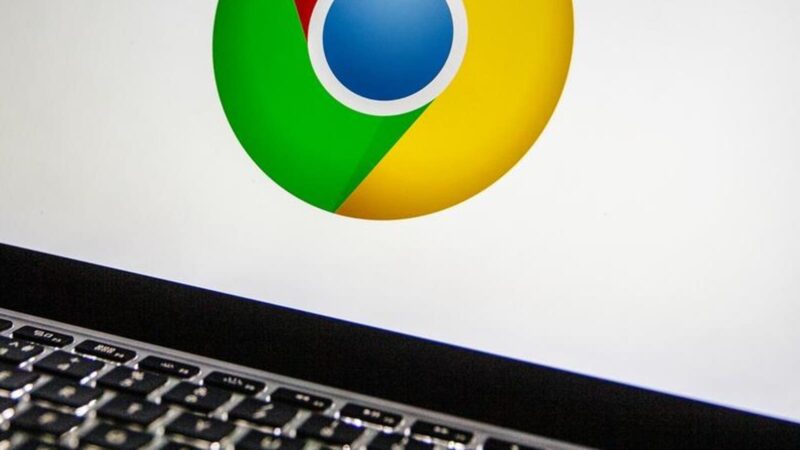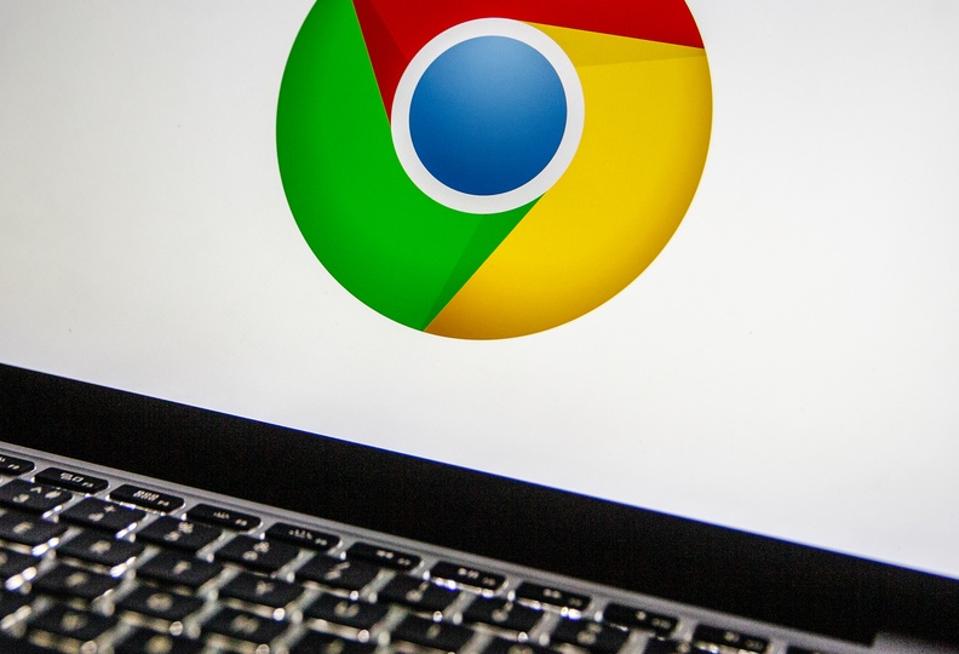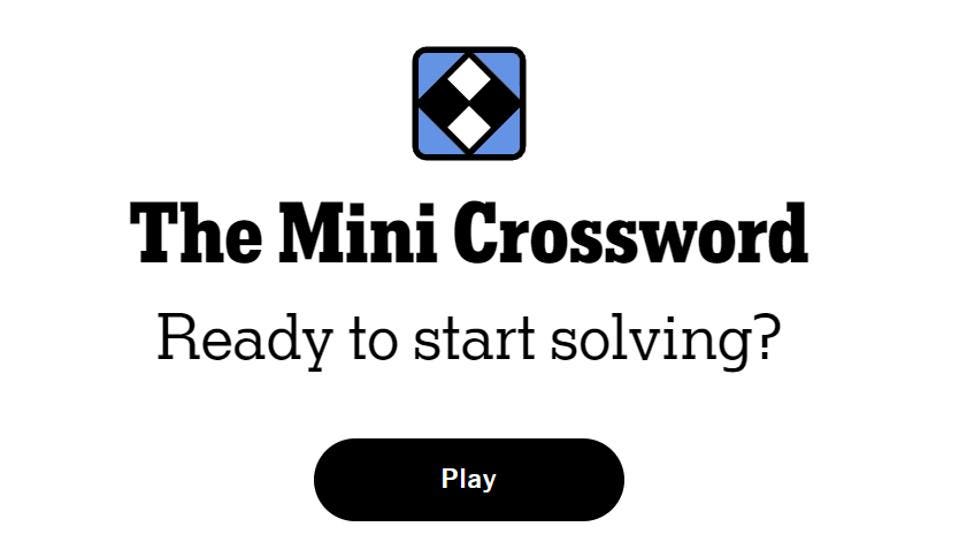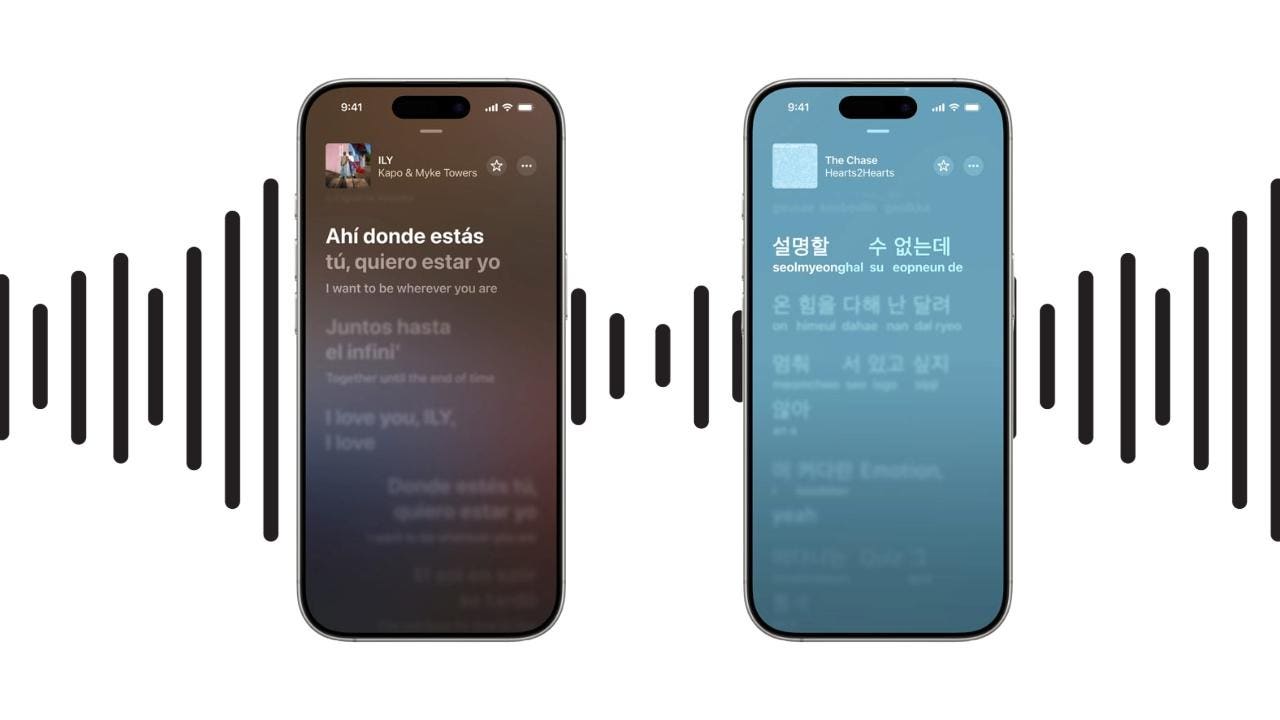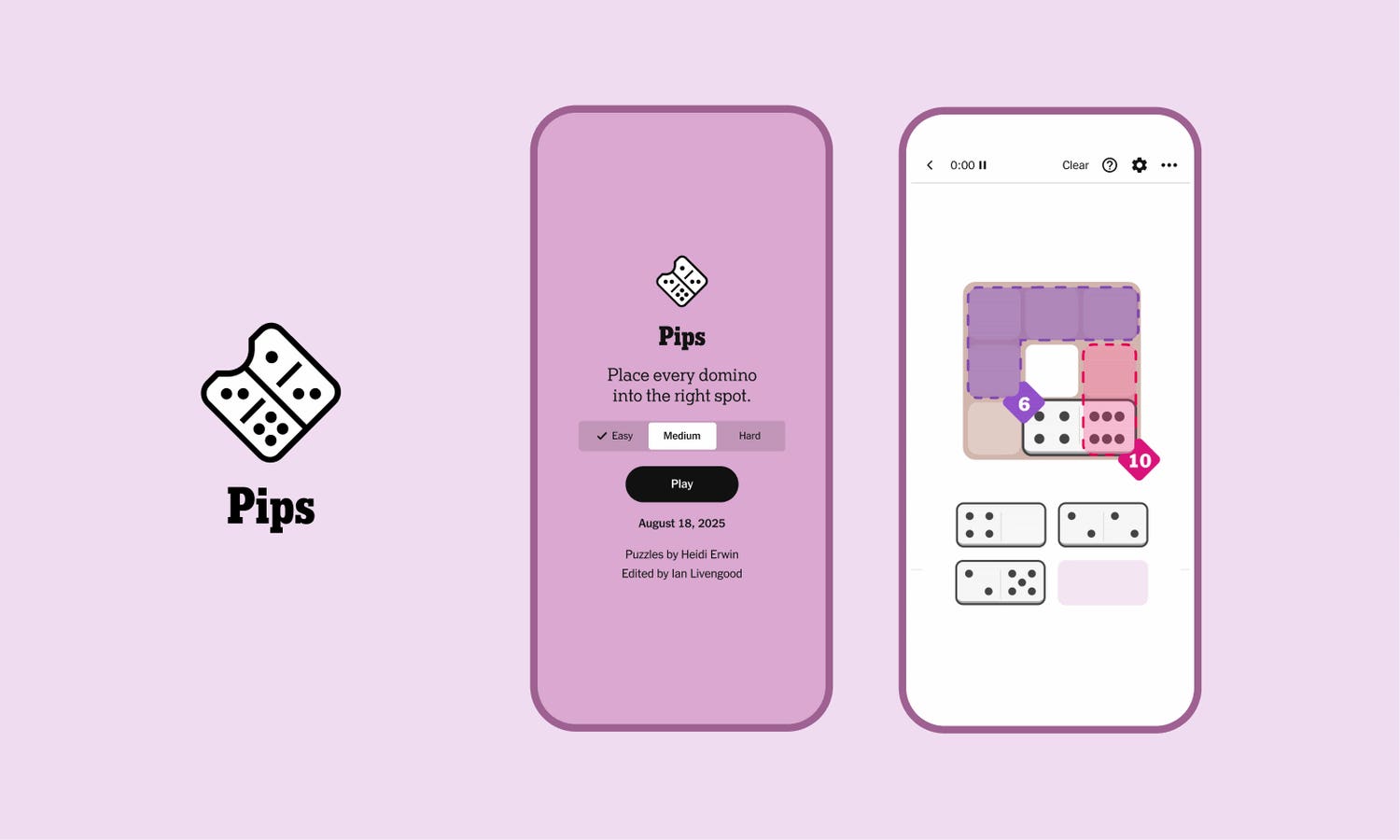Time’s up. Windows 10 has now retired. If you have not upgraded your PC or enrolled in an extended support option, Microsoft warns your PC is at risk from today. But for the 200 million PC owners who can’t update, Google has a different option — turn your unsafe, unsecure, unsupported PC into a Chromebook with “security built-in.”
Is it time to forget Windows?
Anadolu Agency
Such is the surge in Windows users upgrading as Oct. 14 finally arrives, it has actually broken the stats. At the time of writing, StatCounter (which provides the market share numbers you see in the press) says Windows 10 is surprisingly down below 35%, but surprisingly the defunct Windows 7 has suddenly surged to 23%.
That has not happened. But it tells you around 30% of the Windows install base is in a state of flux. Users have left it late but are now more than likely upgrading to Windows 11 and the data needs to catch up. But the 35% who have not equates to 500 million PCs either at risk or opting for a bare bones extended support option until October 2026.
“Unfortunately,” says advocacy group PIRG, “over 40% of computers still running Windows 10 won’t be able to upgrade to Windows 11. If you are one of the millions of users who can’t install Windows 11, you still have options.”
Above all, PIRG says, “don’t throw your computer away,” because “although we estimate the End of 10 could result in 1.6 billion pounds of electronic waste, your computer doesn’t have to be one that’s sent to the landfill.”
The best option, the group says, is to “consider installing a new operating system.” And while you can opt for Linux as a Windows alternative if you’re green-fingered enough, for the millions who “mainly use their computer for web browsing, Google’s ChromeOS Flex is free, secure and easy to use.” And it saves you from having to buy a new PC.
Windows data breaks as upgrades surge
StatCOunter
Google is pushing ChromeOS Flex at this new market of Windows users with working PCs that Microsoft has deemed unsuitable for Windows 11. “Refresh the devices that you already own at no cost with a modern, cloud-based operating system that’s secure and easy to manage,” it says, to “breathe new life into your existing devices.”
ChromeOS is not a Windows alternative. If you have not used a Chromebook, think of it as a PC-shaped tablet or smartphone, “with less than 10-second boot-up times and automatic background updates, they’ll start quickly and won’t slow down over time.”
It runs from the cloud rather than software on the device itself. “You’ll have cloud-based devices that work better and reduce downtime in next to no time.” And critically, given the Windows 10 backstory, “security is built-in with sandboxing, blocked executables, and IT controls for unmatched protection against data loss on lost or stolen devices.”
And perhaps for everyday users who don’t want to upgrade hardware to meet Windows 11 hurdles, that’s the key selling point — security. “ChromeOS offers a more secure default experience when compared to Windows 11,” Google says. And while that’s open to debate, it’s certainly more secure than Windows 10 — with or without an ESU.
Most Windows 10 users will balk at the idea of a ChromeOS downgrade. But rather than landfilling or recycling your PC, turning it into a Chromebook even if it’s a spare device or one for the kids is a good way to temper the flood of e-waste that’s about to hit.

